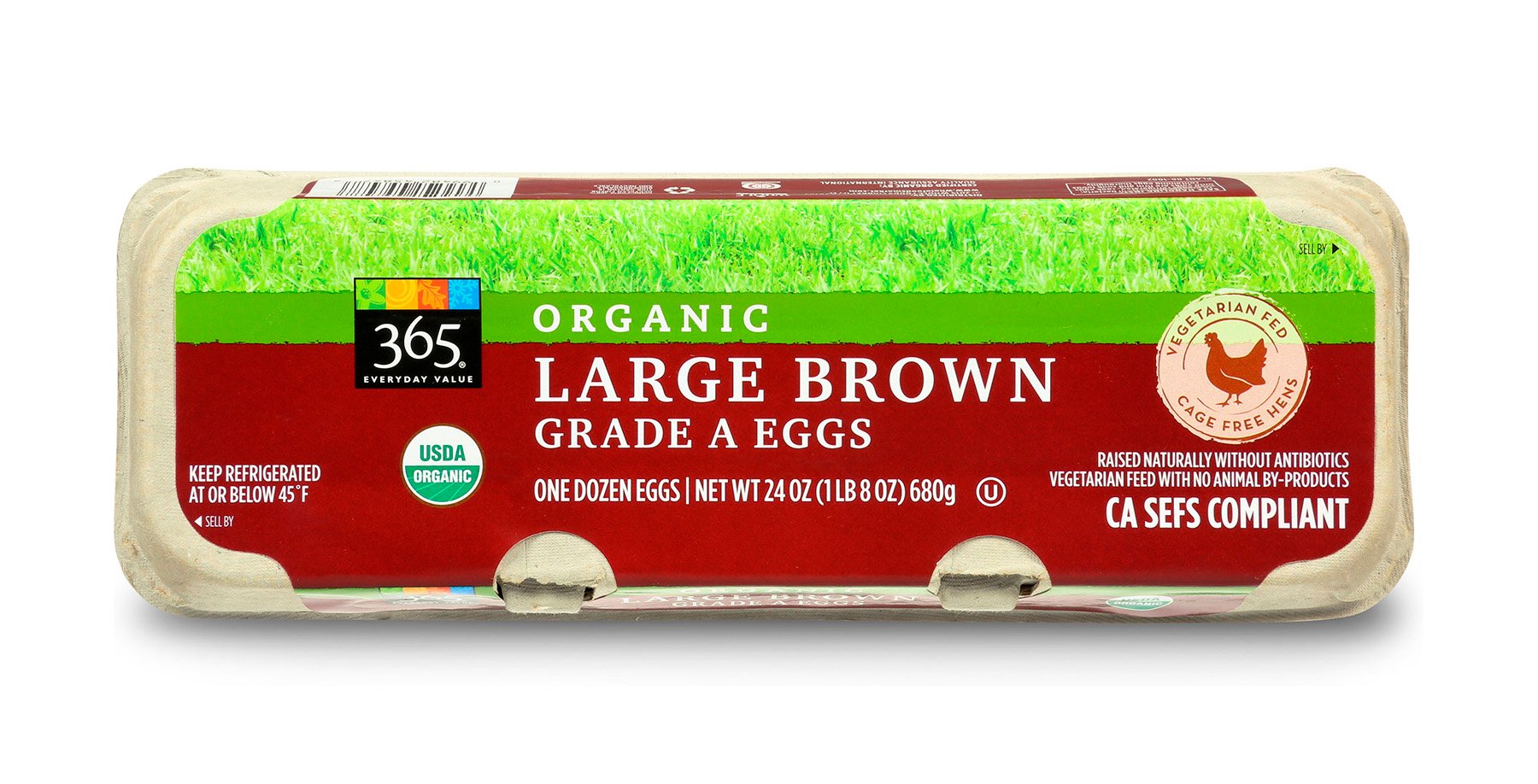Whole Foods Market (WFM +0.00%) fell by more than 11% on Thursday after the company's earnings announcement left a bad taste in investors' mouths. Is it a buying opportunity or are competitors like Kroger (KR 0.03%) and The Fresh Market (TFM +0.00%) eating Whole Foods' lunch?
Not so tasty anymore
Whole Foods has been one of the most remarkable success stories in the grocery sector over the last several years; the company is a major beneficiary of the natural and organic foods movement, and a talented management team has translated growing demand into a 20.5% annual increase in earnings per share over the last five years.
However, the company disappointed investors with uninspiring guidance on Wednesday after the close, and the stock dropped by more than 11% as a response the following day. Earnings figures for the quarter were actually a bit better than expected, but sales growth seems to be slowing down at Whole Foods.
Sales during the quarter increased by 10.8% on a comparative 12-week basis, comparable-store sales growth was 5.8%, a slowdown from previous quarters and below analysts' expectations.
The biggest reason for negativity is that management reduced sales guidance for 2014. Revenues are now expected to be up between 11% and 13% versus a previous range of 12% to 14%, and comparable-store sales are expected to be in the range of 5.5% to 7% versus previous guidance of 6.5% to 8%.
Co-CEO John Mackey pointed to several different causes for the disappointing sales and guidance: "While we cannot definitively say what drove the change, we know that several factors including strategic price matching, cannibalization, competition, and currency had a larger negative impact on certain regions in the fourth quarter."
Whole Foods is trying to reverse its high-priced grocer image; the company is offering more discounts, matching competitor's prices, and adding lower-cost brands to its products assortment to expand into new markets and attract lower-income consumers. Accelerating store growth seems to be generating some cannibalization too.
Kroger and The Fresh Market take a bite
Growth attracts competition, and this has already been going on for quite some time in organic foods. Traditional supermarkets like Kroger have been increasing their presence in organics lately, and smaller focused competitors like The Fresh Market are expanding rapidly to capitalize on growing demand for their products.
With more than 2,400 store locations and nearly $100 billion in sales, Kroger has a scale advantage that allows it to better leverage fixed costs to compete against smaller rivals. The company is expanding its Nature's Market business, a store-within-a-store that is devoted solely to natural foods, and it has the scale and presence to inflict some damage on a smaller player like Whole Foods with only 367 stores.
The Fresh Market is materially smaller than Whole Foods, with 136 stores in 36 states at the end of the last quarter, but the company is growing quickly as it plans to open 21 or 22 new stores in the next six months. Total sales at The Fresh Market did better than Whole Foods with an increase of 13.3% in the last quarter, but comparable- store sales grew by a smaller 3.4%.
Whole Foods benefits from a leading brand in the segment and a reputation for quality. In addition, management is well known for its culture of innovation and efficiency. Even in spite of disappointing sales growth in the last quarter, the company managed to increase both gross and operating margins by 40 and 50 basis points, respectively.
Whole Foods has a solid competitive position, so its not as if competitors will take its customers away just like that. More likely, the company will have to fight harder for every new dollar of customer spending due to increased competitive pressure. Whole Foods will continue growing, perhaps at a slower peace than in times when the business was younger and competition was smaller.
The company trades at a considerable premium versus other players in the industry, with a forward P/E ratio of 33 for Whole Foods versus 13 for Kroger and 26 for The Fresh Market. Whole Foods deserves a higher valuation than its peers for being a leading pure play in organics, but maybe investors need to adjust their growth expectations due to a changing competitive landscape for the company.
Bottom line
Whole Foods is still a profitable, high-quality company with plenty of growth to offer in the long term. The current dip may turn out to be a compelling buying opportunity for investors, especially if the stock continues falling and valuation becomes tastier as investors price in lower growth expectations.







